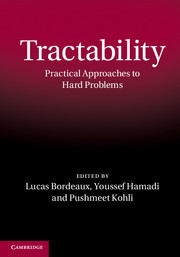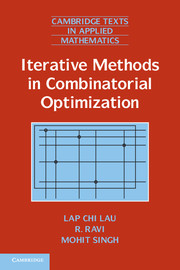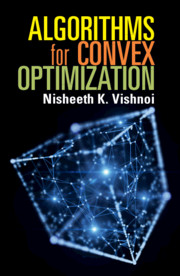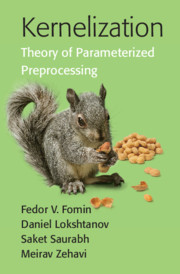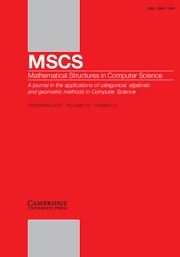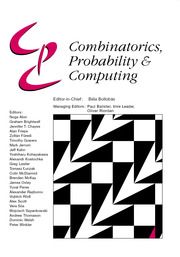Tractability
Practical Approaches to Hard Problems
- Editors:
- Lucas Bordeaux, Microsoft Research
- Youssef Hamadi, Microsoft Research
- Pushmeet Kohli, Microsoft Research
- Date Published: February 2014
- availability: In stock
- format: Hardback
- isbn: 9781107025196
Hardback
Other available formats:
eBook
Looking for an inspection copy?
This title is not currently available on inspection
-
Classical computer science textbooks tell us that some problems are 'hard'. Yet many areas, from machine learning and computer vision to theorem proving and software verification, have defined their own set of tools for effectively solving complex problems. Tractability provides an overview of these different techniques, and of the fundamental concepts and properties used to tame intractability. This book will help you understand what to do when facing a hard computational problem. Can the problem be modelled by convex, or submodular functions? Will the instances arising in practice be of low treewidth, or exhibit another specific graph structure that makes them easy? Is it acceptable to use scalable, but approximate algorithms? A wide range of approaches is presented through self-contained chapters written by authoritative researchers on each topic. As a reference on a core problem in computer science, this book will appeal to theoreticians and practitioners alike.
Read more- Addresses a key issue in computer science theory and practice
- Includes a wide range of techniques rarely presented in a single volume
- Complements classical algorithms and existing literature
Customer reviews
Not yet reviewed
Be the first to review
Review was not posted due to profanity
×Product details
- Date Published: February 2014
- format: Hardback
- isbn: 9781107025196
- length: 396 pages
- dimensions: 253 x 178 x 20 mm
- weight: 0.93kg
- contains: 75 b/w illus.
- availability: In stock
Table of Contents
Contributors
Introduction Lucas Bordeaux, Youssef Hamadi and Pushmeet Kohli
Part I. Graphical Structure:
1. Treewidth and hypertree width Georg Gottlob, Gianluigi Greco and Francesco Scarcello
2. Perfect graphs and graphical modeling Tony Jebara
Part II. Language Restrictions:
3. Submodular function maximization Andreas Krause and Daniel Golovin
4. Tractable valued constraints Peter G. Jeavons and Stanislav Živný
5. Tractable knowledge representation formalisms Adnan Darwiche
Part III. Algorithms and their Analysis:
6. Tree-reweighted message passing Vladimir Kolmogorov
7. Tractable optimization in machine learning Suvrit Sra
8. Approximation algorithms Mohit Singh and Kunal Talwar
9. Kernelization methods for fixed-parameter tractability Fedor V. Fomin and Saket Saurabh
Part IV. Tractability in Some Specific Areas:
10. Efficient submodular function minimization for computer vision Pushmeet Kohli
11. Towards practical graph-based, iteratively decoded channel codes: insights through absorbing sets Lara Dolecek
Part V. Heuristics:
12. SAT solvers Joao Marques-Silva and Ines Lynce
13. Tractability and modern satisfiability modulo theories solvers Nikolaj Bjørner and Leonardo de Moura.
Sorry, this resource is locked
Please register or sign in to request access. If you are having problems accessing these resources please email [email protected]
Register Sign in» Proceed
You are now leaving the Cambridge University Press website. Your eBook purchase and download will be completed by our partner www.ebooks.com. Please see the permission section of the www.ebooks.com catalogue page for details of the print & copy limits on our eBooks.
Continue ×Are you sure you want to delete your account?
This cannot be undone.
Thank you for your feedback which will help us improve our service.
If you requested a response, we will make sure to get back to you shortly.
×
